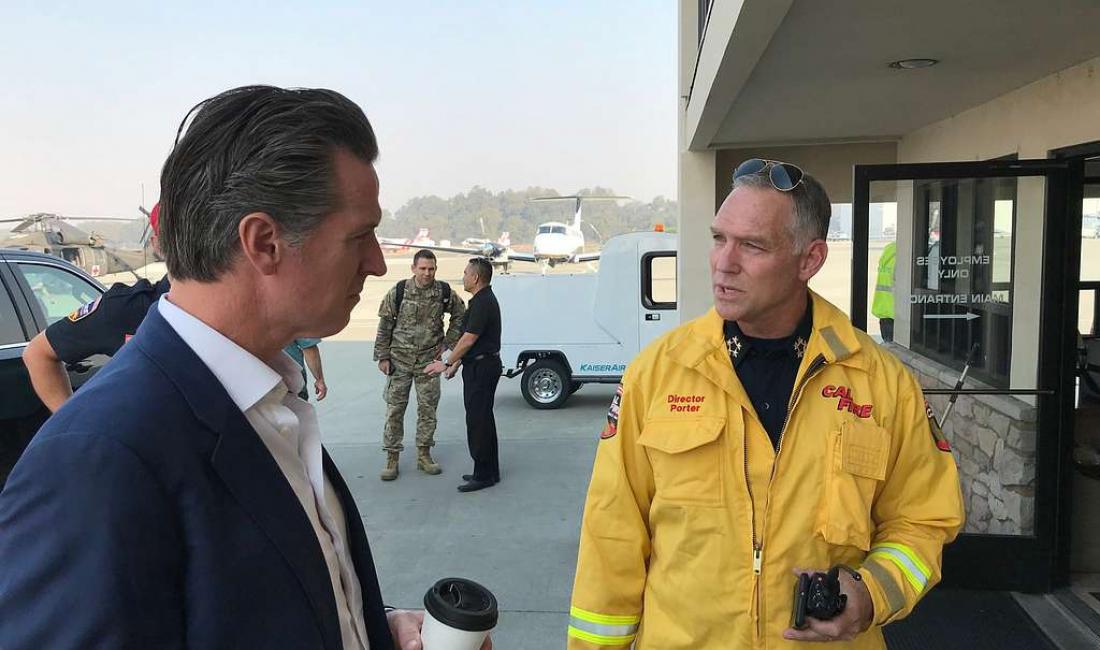A Way to Rethink LA—And Your Community
(Photo from Public Domain)
At CalMatters, Berggruen Institute COO Nils Gilman, co-author of Children of a Modest Star: Planetary Thinking for an Age of Crises, sees the post-fire period as an opportunity to reimagine governance and its scale in Los Angeles.
He writes
"To determine the appropriate boundaries and sphere of authority for the newly integrated and empowered officer, the guiding principle should be that power and authority must align with effective responsibility. If an agency or executive is held politically responsible for addressing a particular problem, such as fire risk or homelessness, it should be given the administrative power and authority to actually do what needs to be done to effectively address the policy issue.
"In practice, the most politically accountable and responsive system would be one in which a single governmental entity, answering to the voters, held authority over the region as a whole. A newly centralized system of political authority like this would enable a much more rational approach to policy-making, regional planning and distributing resources. Because problems such as fire risk, water, air quality, homelessness, housing availability and transit are all regional in scale, the authority to manage these issues should be vested at the regional level, with an executive empowered to make big decisions if and when the elected supervisors are unable to do so.
Radically remaking the scale, location and capacity of political authority in the nation’s second largest and most famously centrifugal metropolis may sound like pie-in-the-sky, but the two most recent mayors of Los Angeles, Antonio Villaraigosa and Eric Garcetti, both made exactly this case in the wake of last week’s fires, telling the New York Times they would support creating a dominant government representing the region as a whole, to replace the current crazy-quilt of municipal governments.
The full story is here.



